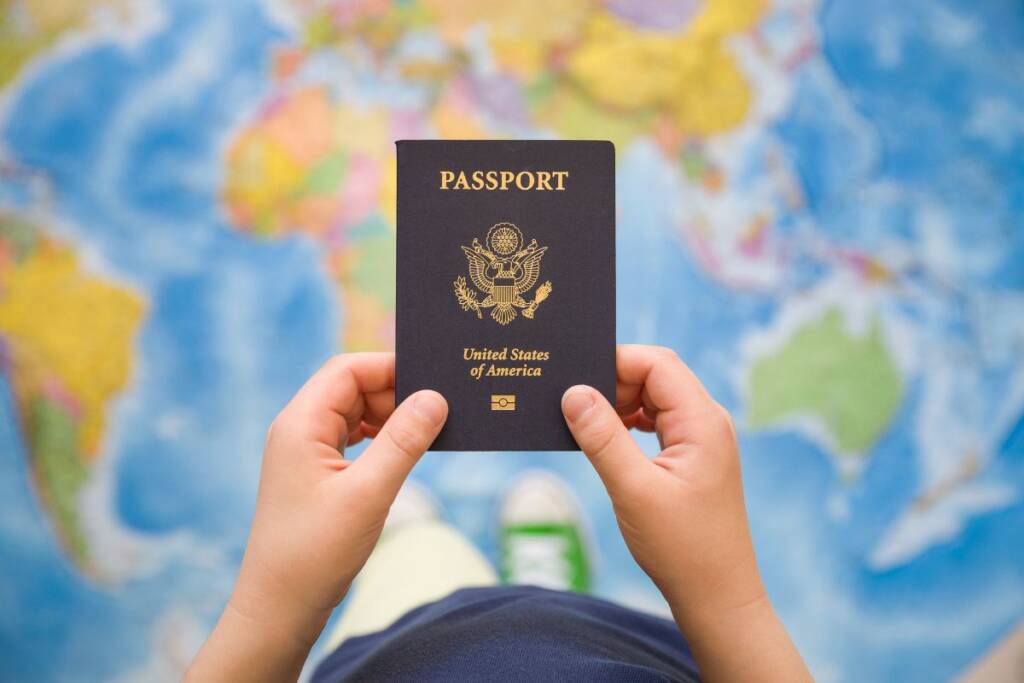Can My Ex Travel Outside of the USA with Our Kid?
The short answer is often “yes, but…”
In many families, travel becomes an important concept to address during divorce proceedings. If the children already have passports, it needs to be decided who will hold the passports when not in use and how/when they will be turned over to the other parent as needed. Otherwise, if the children do not yet have passports, parents often plan how to obtain such in the divorce agreement.
If the parents are not concerned about international travel, language pertaining to passports does not need to be in the agreement. While it is a concept that the Court has jurisdiction over, it is not a paramount component that must be included to finalize a divorce. So long as the parents have joint legal custody and have signed the appropriate documentation needed to obtain a child’s passport and to have the child travel outside the country with the other parent or another person, then yes, your ex-spouse can travel to a foreign country with your child. However, it is often helpful to have the parameters for such travel detailed in your divorce decree, especially if you want to limit travel to countries that are a part of the Hague Convention in case there is any concern that your child would not be returned to the United States.

That is because while most families tend to agree on when children should have passports, an issue often arises when one parent wants to travel internationally with the children to a country that is not a part of the Hague Convention. The Hague Convention was created to create standards for international adoptions, but there is also the Hague Abduction Convention. This is to protect children from international abductions. When a country is a party to the Hague Abduction Convention (often colloquially referred to as the Hague Convention), if a child is brought to that country from their country of residence without permission of the parent(s), the county will encourage the prompt return of the child to their home country. The foreign country will also help to organize or secure the parent(s) right of access to the child. In some ways, this can be considered the international counterpart to the Uniform Child Custody Jurisdiction Enforcement Act (UCCJEA) as the basis for the policy is that custody and visitation matters should be decided by the proper court where the child resides, or in which state has the most connection to the child. Countries that are parties to the Hague Convention provide a shared civil remedy amongst the countries.
If a child travels to a foreign country that is not party of the Hague convention, it is far more difficult to have the child promptly returned to the United States. One reason is that a United States Court Order may not be recognized in the other country. Furthermore, since each individual country is considered to be a sovereign nation, each sovereign nation cannot interfere with another sovereign nation (country’s) legal systems or law enforcement policies.
If you have questions about how to properly include passport information and travel plans into your Court Order, you should consult with an attorney as soon as possible. Ever argue with a woman? Let Wolf & Shore Law Group go to work for you and help protect your future. Click here, call us at 203.745.315, or email us at info@wolfandshorelaw.com.




